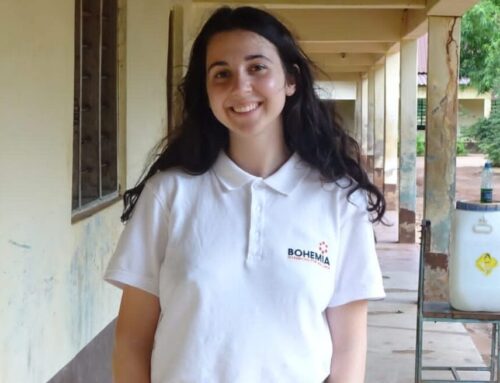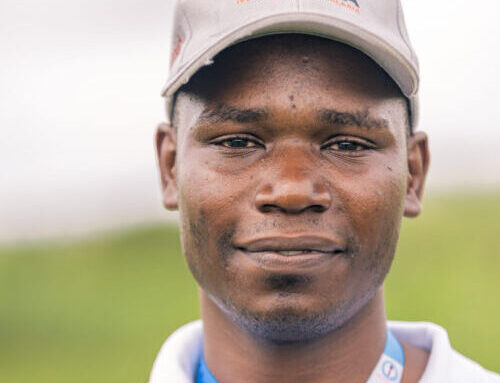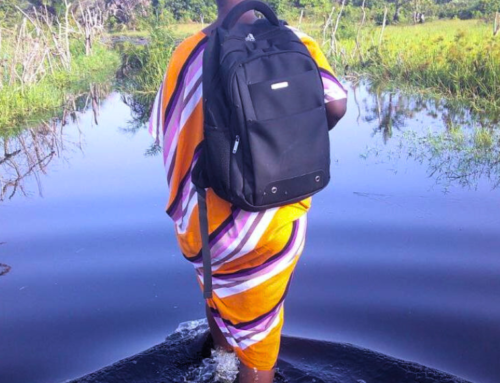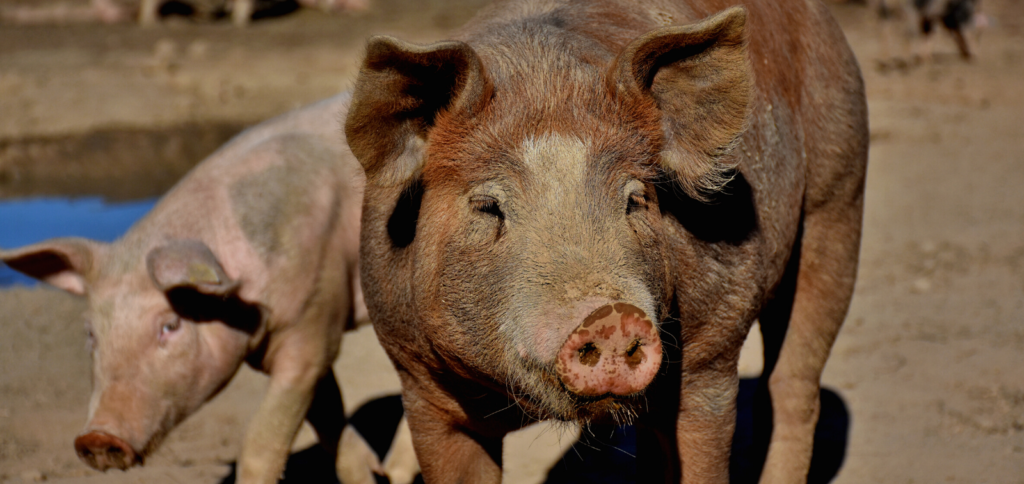
Photo courtesy: Canva
Bringing in veterinarians to fight malaria
Mussa Sale joined the BOHEMIA project as an archivist, to file informed consent forms gathered during the ivermectin trial. He was prepared to spend the next few months in a small room surrounded by stacks of paper and excel sheets. It was not exactly the dream job for a veterinarian.
Little did he know that the project would soon launch its veterinary arm, and he would end up co-leading it. “Growing up in rural Mozambique, I was always surrounded by animals like cats, dogs, and cattle. From a young age, I noticed the interdependencies between humans and animals. Over time, this curiosity developed into a desire to explore these relationships so I went on to study veterinary sciences,” shares Mussa.
Almudena Sanz, the co-lead of BOHEMIA’s veterinary arm initially joined the project to investigate the relationship between malaria transmission and livestock in Mopeia as part of her Master’s thesis. “During my research, I realized that the link between human and animal health was fairly unexplored in approaches to tackle disease transmission,” explains Almudena. She adds, “A few months later, I was thrilled to find out that I was going to be leading the animal health aspect of the project, alongside Mussa.”
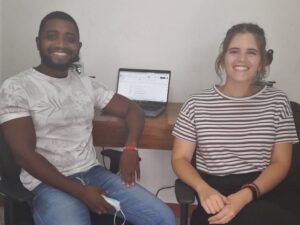
Guided by the One Health approach, Almudena and Mussa have set up the veterinary activities of the project. These activities fall under the wider ambit of the recently launched mass administration of ivermectin in the Mopeia district of Mozambique. The team is currently administering ivermectin, an endectocide, to cattle and pigs in the cluster-randomized trial. Given that some mosquitoes are zoophagic, that is, they feed at least partly upon animals, reductions in malaria transmission could be greater in these areas as compared to those in which only humans received treatment.
Beyond testing the drug against malaria transmission, the veterinary arm is also tracking its efficacy on the health of the pigs by collecting data on endo- and ectoparasites. “A decrease in parasite prevalence rates may translate into lower rates of infectious diseases and zoonosis proliferation, but we are also interested in exploring the direct and indirect pathways through which livestock parasites affect human health, nutrition, and economic productivity,” explains Mussa. “Through the One Health approach, we are hoping that this project goes beyond malaria, and positively impacts the income and food security of the residents of Mopeia.”
A trial design that paves the way for other One Health projects
Logistics is one of the main challenges of a trial of this nature. Starting from ensuring the availability of the drug, the duo is also coordinating the daily tasks of a large group of field and laboratory technicians. “We must continually provide them with transport, ivermectin, syringes, needles, and sampling material, to name a few,” admits Almudena. “Thanks to the census prior to the trial, we are not facing many difficulties identifying and tracking the animals participating in the trial. However, our biggest struggle right now is in accessing the hamlets. Mopeia is a vast district and the recent Cyclone Gombe and associated storms in the Mozambique channel have caused massive devastation, flooding huge regions and cutting them off from the rest of the country,” shares Almudena. “The field teams are preparing contingency plans and adopting unconventional channels to access the community, in some cases even rowing boats across flooded regions.”
Mussa and Almudena express that if successful, this project’s approach will be an example to demonstrate how collaborations between veterinary and medical professionals can open new doors for joint research, especially in rural and agrarian contexts. Almudena says, “The One Health approach is transdisciplinary and community-based. We hope that one day, BOHEMIA can help set the path for other similar projects.” And Mussa concludes, “Like most Africans, I have always lived with the constant threat of malaria. I am grateful to be part of a project like this, that has the potential to change the lives of my people.”
Currently, Mozambique accounts for 4.2% of cases and 3.8% of all malaria deaths worldwide. As such, it is one of the six countries encompassing more than half of all global malaria cases. Thus, the success of projects like these can bring Mozambique closer to malaria elimination.
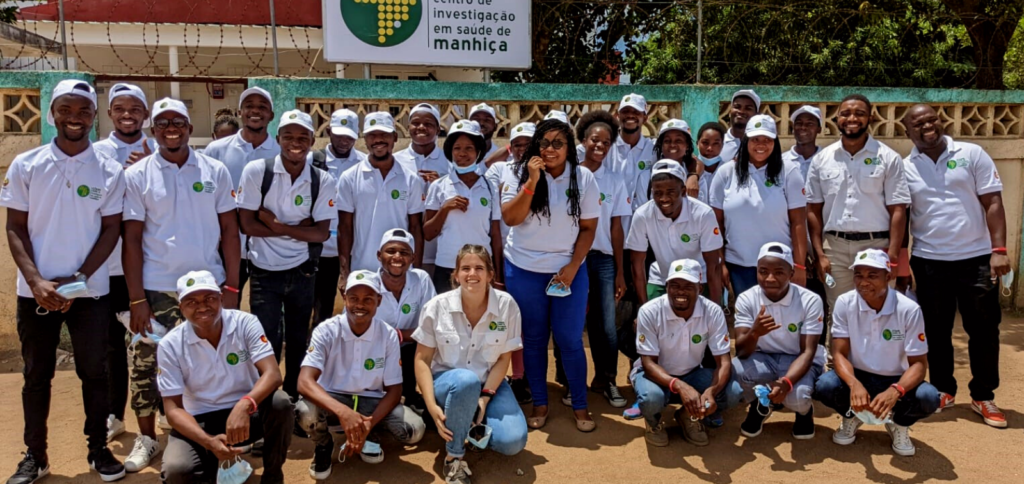
BOHEMIA project’s ‘Animal Health’ team
About the BOHEMIA consortium
BOHEMIA is a consortium led by ISGlobal and supported by Unitaid. It includes three African institutions—the Manhiça Health Research Centre (CISM) in Mozambique, the Kenya Medical Research Institute (KEMRI), and the Ifakara Health Institute (IFI) in Tanzania—as well as three academic partners: the University Hospital of Bern, the University of Oxford , and Virginia Tech.


